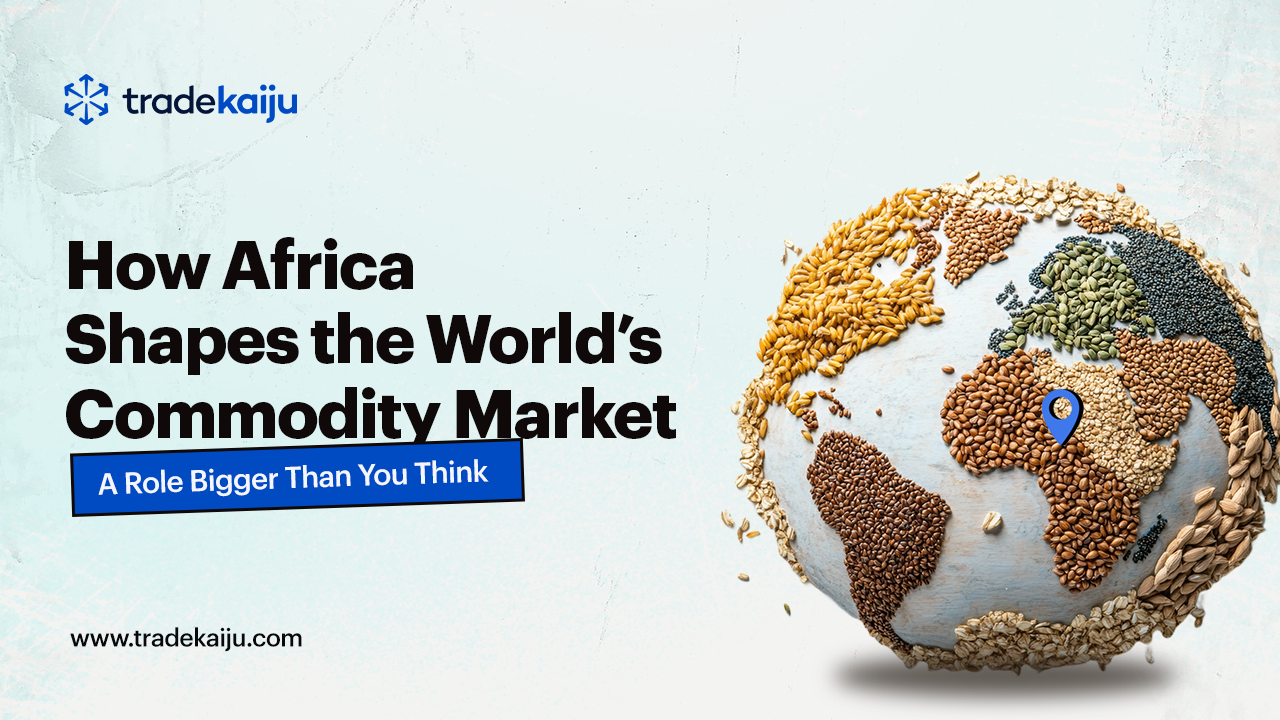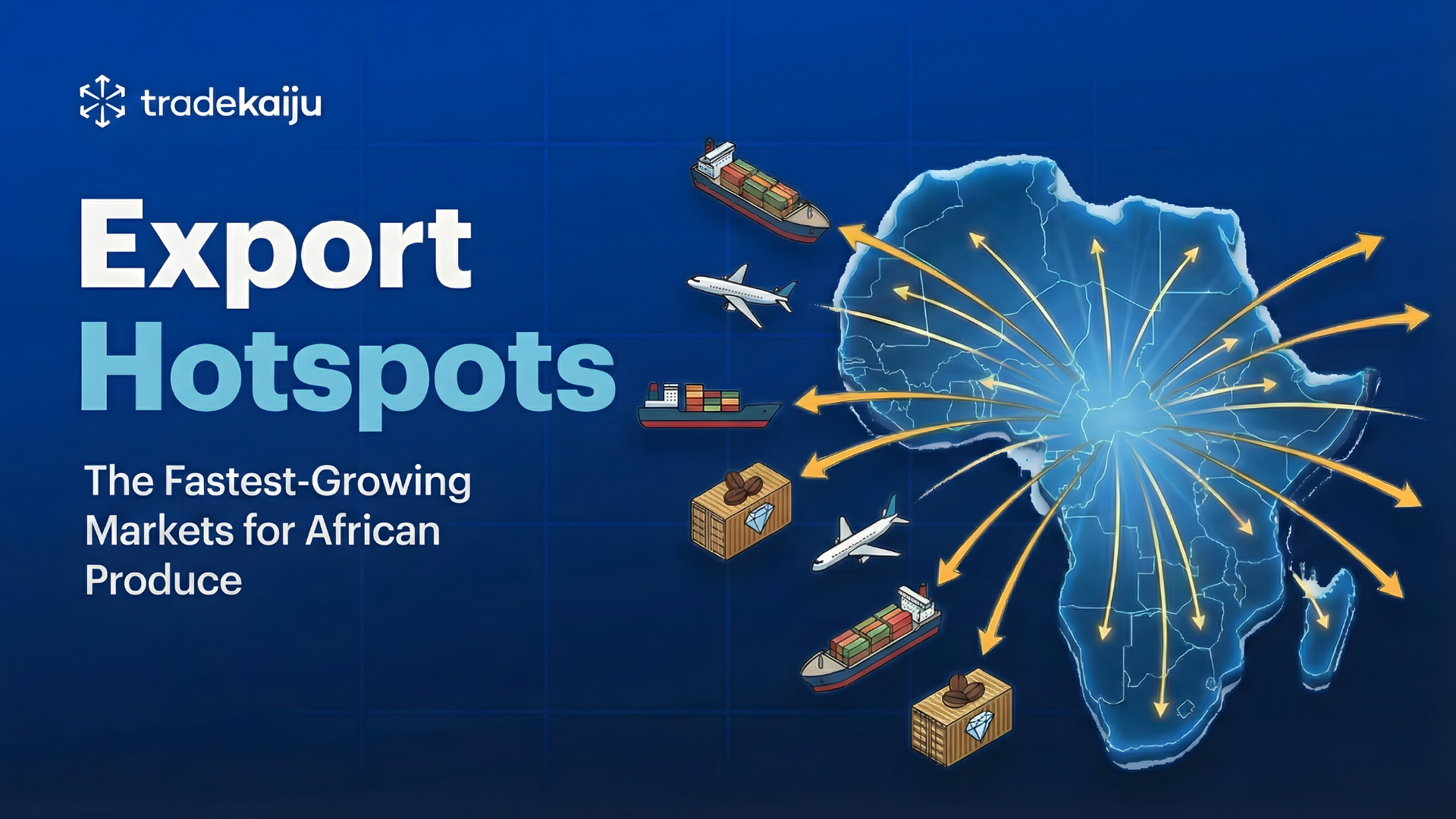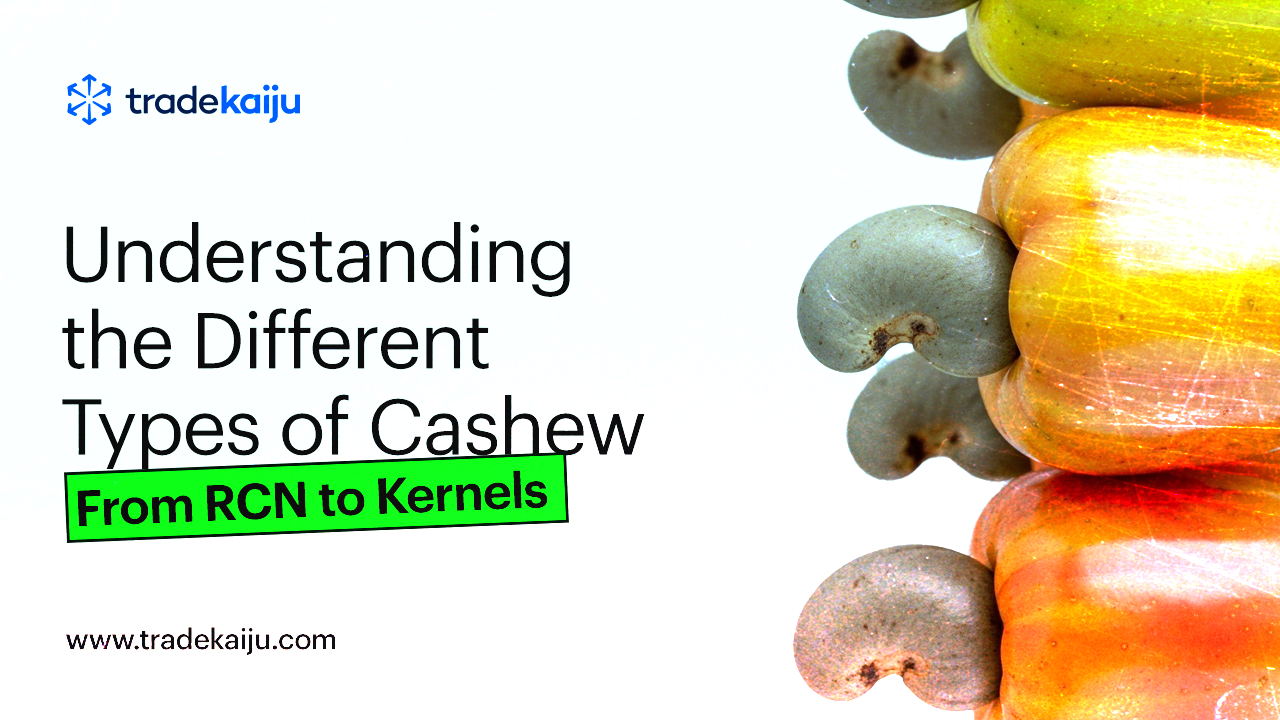How Africa Shapes the World’s Commodity Market: A Role Bigger Than You Think
Date Posted: 2025-11-13 09:33:25

When you think of global trade powerhouses, countries like China, the U.S., or Saudi Arabia often come to mind. But here’s something the world sometimes overlooks; Africa sits at the heart of the global commodity market, shaping everything from energy supply and food security to technological production and green energy transitions.
Africa isn’t just a participant in the global commodity market, it’s a driver. The continent holds:
● 30% of the world’s mineral reserves
● 8% of the world’s natural gas
● 12% of global oil reserves
● And more than 60% of the world’s arable land
From crude oil in Nigeria and Angola to cobalt in the Democratic Republic of Congo (essential for electric vehicles), Africa fuels major industries across the globe.
These natural resources are the backbone of international manufacturing, energy, and agriculture making Africa’s role in global trade much bigger than it often gets credit for.
The Shift Toward Green Energy :
The world’s transition to renewable energy has brought Africa back into the spotlight.
● Cobalt, lithium, and manganese, critical for battery production, are abundant in African countries.
● South Africa remains a leader in platinum production, key for hydrogen energy technologies.
● Morocco and Egypt are emerging as leaders in solar and wind energy development.
In essence, Africa’s resources are powering the global energy shift, from oil rigs to solar grids.
Agriculture:
Africa’s agricultural potential is enormous. The continent has the largest share of uncultivated arable land in the world, making it a future hub for global food production.
Exports like cocoa from Côte d’Ivoire and Ghana, coffee from Ethiopia, and tea from Kenya are staples in international markets.
Beyond raw exports, agro-processing and value addition are emerging trends allowing African nations to retain more value locally while diversifying exports.
Trade Partnerships and Global Influence
Africa’s strategic trade relationships continue to evolve:
● The African Continental Free Trade Area (AfCFTA) is set to boost intra-African trade and strengthen bargaining power in global markets.
● China, the EU, and the U.S. remain major trading partners, but Africa is also deepening ties with India, the Middle East, and Latin America.
This diversification means Africa is no longer a passive player, it’s an active negotiator shaping global trade flows and commodity pricing.
Challenges and Opportunities
While the potential is vast, Africa still faces challenges:
● Infrastructure and logistics gaps
● Limited value addition before export
● Policy and governance issues in resource management
However, innovation, private investment, and regional cooperation are turning these challenges into opportunities. Countries are investing in refineries, digital trade platforms, and renewable energy projects to strengthen their commodity sectors and attract sustainable foreign investment.
Africa’s role in the world’s commodity market is evolving from supplier to strategic partner. The continent’s growing youth population, expanding infrastructure, and focus on industrialization position it as a future leader in global trade.
Similar Blog Posts

In today’s fast-moving trade environment, guessing is no longer a strategy. Gone are the days when traders relied sole

Africa’s agricultural sector is on the rise, and so is global demand for its produce. As the continent continues to bu

Cashew is one of Africa’s most valuable export crops, yet many people (especially new traders) don’t fully understan